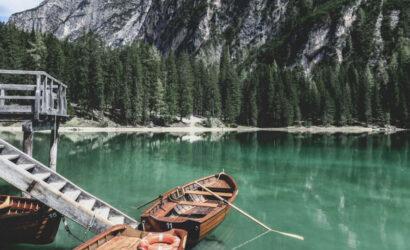Stone tools, weapons, and remnants of large stone structures provide evidence that Canada was inhabited as early as 12,000 BC, although there are no written records from that time. Archaeological findings suggest that the first people arrived in what is now Canada via the Bering Land Bridge and settled in various regions across the country. Indigenous peoples, including the Inuit, First Nations, and Métis, have lived in Canada for thousands of years, developing rich cultures, languages, and traditions.
European exploration of Canada began in the late 15th century, with John Cabot’s voyage in 1497 being one of the first recorded encounters with the coastline. French explorer Jacques Cartier later claimed land for France in the 1530s. In the 17th century, the French established settlements in New France, including Quebec and Montreal. British colonization began in the 17th and 18th centuries, and after a series of conflicts, including the Seven Years’ War, Canada became a British colony.
Canada became a self-governing dominion of the British Empire on July 1, 1867, with the Confederation of Ontario, Quebec, New Brunswick, and Nova Scotia. Over time, additional provinces and territories joined, and Canada achieved full legislative independence from Britain with the passage of the Statute of Westminster in 1931, followed by the patriation of the Constitution in 1982.
Today, Canada is known for its multicultural society, natural beauty, and high standard of living. It is the second-largest country in the world by area, and its vast landscapes include the Rocky Mountains, boreal forests, and a long, rugged coastline. The country is recognized for its commitment to peacekeeping, human rights, and environmental protection. The diverse cultures and languages of Canada, including English and French as official languages, reflect its rich history of both Indigenous and European influences.



